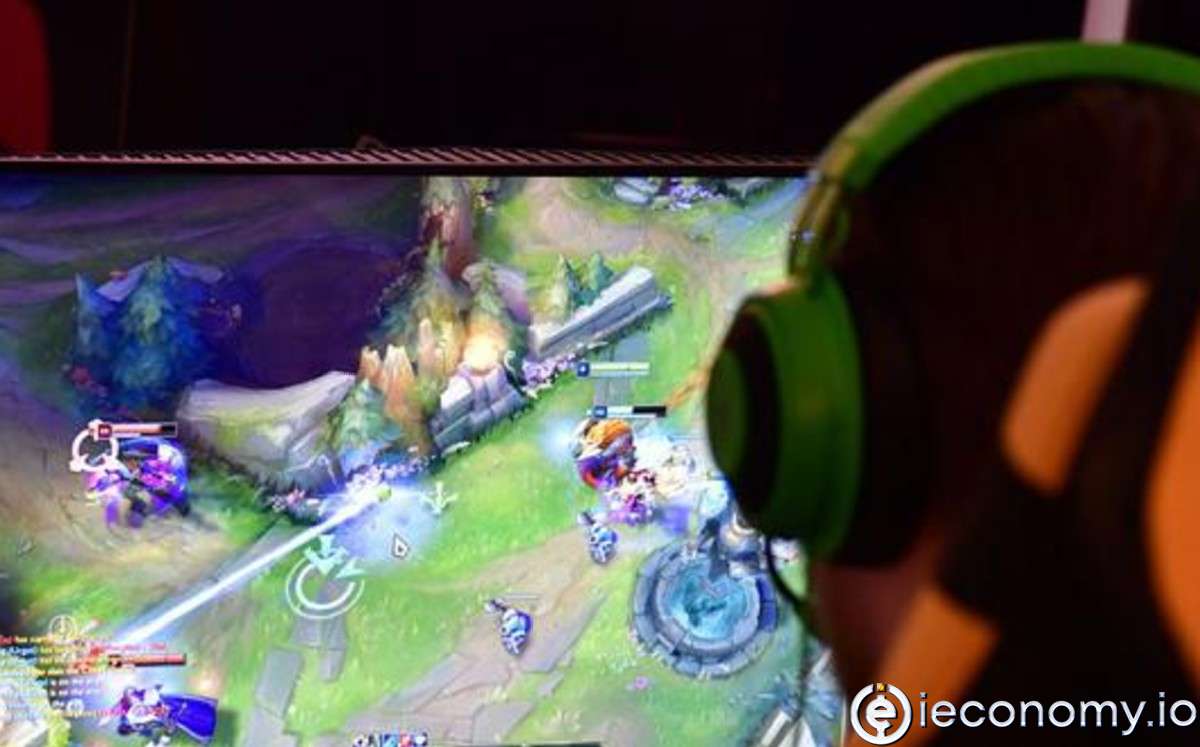7444
0
Chinese game manufacturers want to counter accusations
Chinese game manufacturers want to counter the accusation of state media that they are selling "intellectual opium" to China's youth.

Yazar: Tom Roberts
Yayınlanma: 23 Ağustos 2021 10:14
Güncellenme: 2 Mart 2026 18:40
Chinese game manufacturers want to counter accusations
It is the last summer vacation for Zhang Yuchen before secondary school begins - but he can hardly enjoy it. The time the 14-year-old can spend playing video games has been drastically cut. Chinese game manufacturers want to counter the accusation of state media that they are selling "intellectual opium" to China's youth. A decision by the video game giant Tencent, for example, has since prevented players under the age of twelve from making purchases in the multiplayer hit "Honor of Kings". For all players under the age of 18, there is also a maximum playing time of two hours during the holidays and one hour on school days. "I could have howled," says Zhang, remembering how the news hit the world's largest video game market. In the first half of 2021 alone, sales equivalent to 17 billion euros were made there. "The fact that they limited the playing time over the holidays means that I can no longer play as much Honor of Kings as I like," said Zhang. The changes are a response from game makers to allegations made by the state. The state authorities have also discovered the gaming industry in their crackdown on technology companies. One media report recently described video games as "intellectual opium", while another called for an end to tax benefits for the game industry. Investor reaction: shares of game makers like Tencent, NetEase, XD Inc and Bilibili were sold - despite the size of the Chinese video game market. Tencent is the world's largest game provider in terms of sales.İLGİLİ HABERLER





European stocks soared and focus shifted to German retail sales after Powell's speech!

Forex Signal For TRY/USD: Inflation Slowdown in November.

Forex Signal For GBP/USD: Bullish Trend Still Not Breaking While Recovery Continues.

Forex Signal For EUR/USD: Starry US Data Points to Higher Fed Increases.

Forex Signal For BTC/USD: Downside Continues as Bitcoin Recovery Moves Less.
En Popüler Haberler
Yorum Yap
Yorumlar
Henüz yorum yapan yok! İlk yorumu siz yapın...